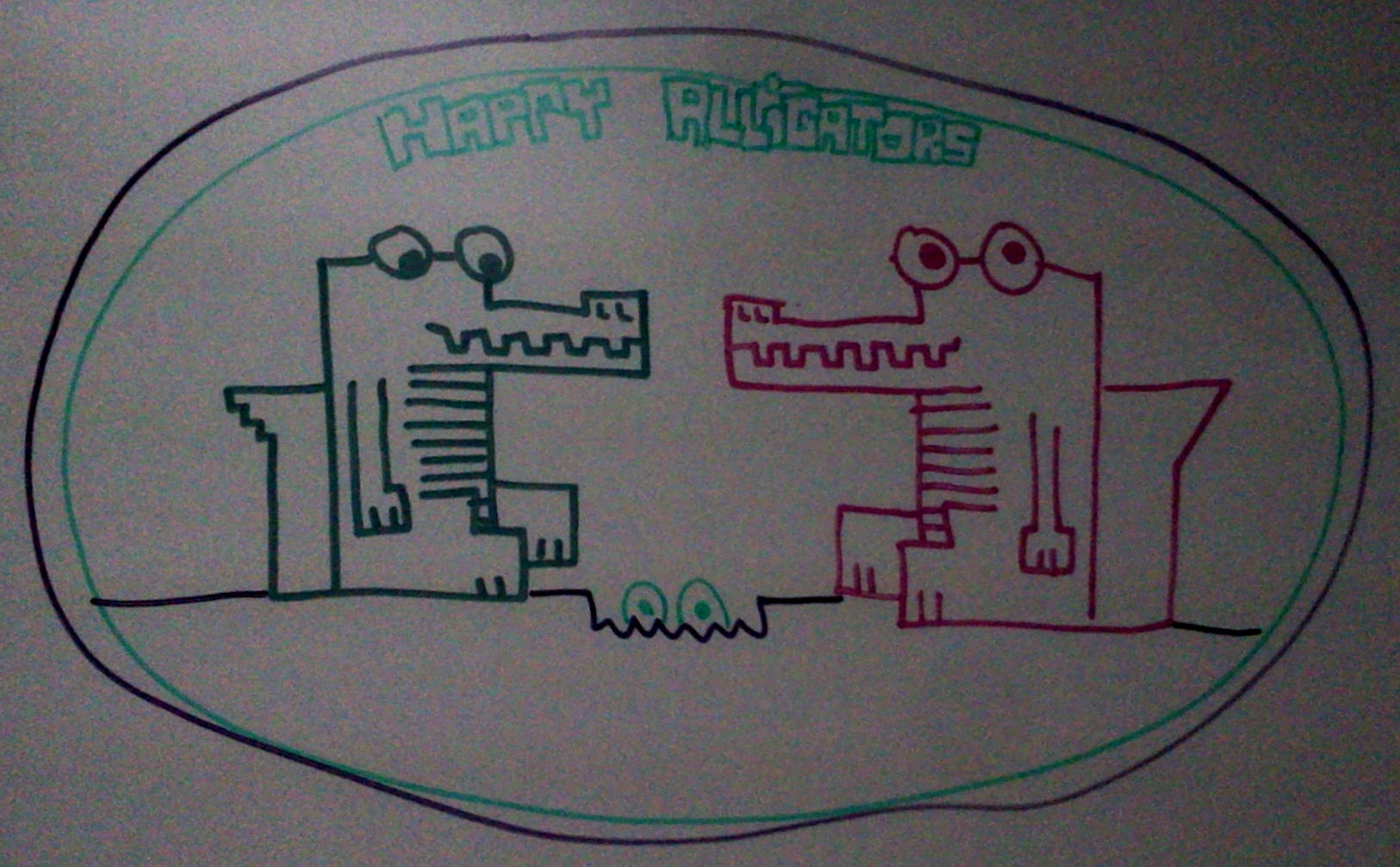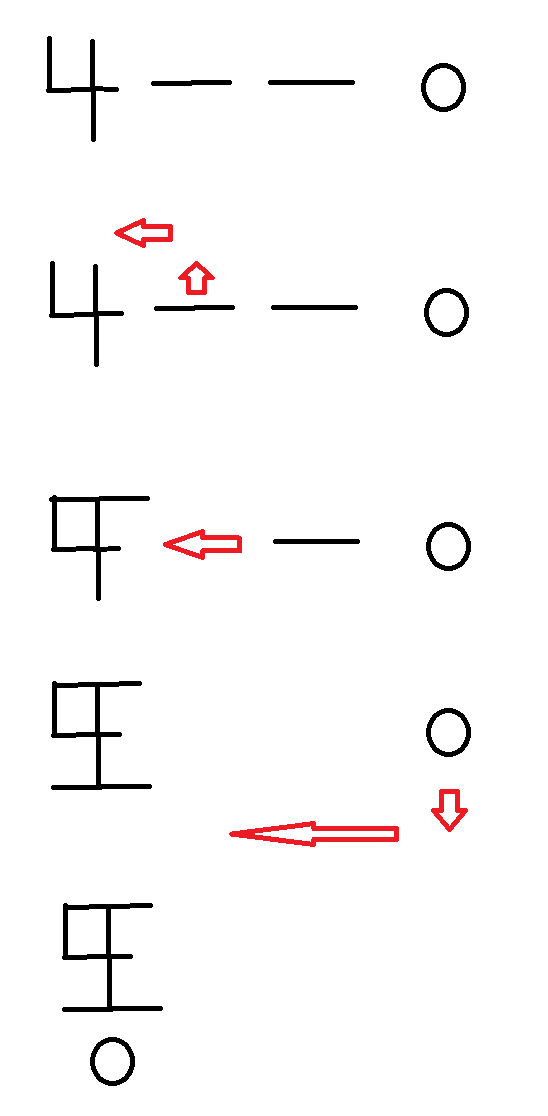I’ve not been working very hard these last few days – I’m in the second week of my “naesin vacation” – that break in my schedule when I have only elementary classes because the middle-schoolers are engaged in their intensive test-prep schedule. So I have a 50% class load. I think I benefit from this – it gives me a chance to “recharge” between the harder push during the regular schedule.
Nevertheless, I’ve had a rough couple of days. Not from overwhelming teaching load but essentially for affective reasons – I just have been feeling negative about my work lately. I’ve been working at Karma for 5 years. That’s the second-longest I’ve ever held a single job, and certainly Curt is now the person who’s been my boss for the longest continuous stretch of time in my life, by far.
Yet Wednesday night I sat in a staff meeting on the topic of student placement for the next term, feeling like no one really gave a damn what I had to say, or what my opinions were about the students or about what we should do. I feel like I am dismissed for being too demanding, in one moment, then dismissed for being too lax, in another moment. This is dissonant. I realize it boils down to different cultural perceptions, not just just about appropriate teaching methodology but about more fundamental questions on how child development is conceptualized and how teacher’s roles are defined.
Then yesterday I had an interaction with a coworker that reinforced this feeling of dissonance.
The very complicated background to this is a problematic student who goes by Ken. He is not academically inclined, and he is morbidly shy. Several months went by before I got any kind of sustained utterance out of him of any kind – even in Korean, not just English. In fact, he’s not that far below level in terms of his English ability, but his penmanship is atrocious, so I would describe his issue as being one of “intense communication avoidance” – by never speaking on the one hand, and by writing illegibly on the other.
Anyway, Ken nevertheless is not in any way handicapped. In testing, he tests at level, as long as there’s no production component (i.e. only short-answer writing and no speaking). Ken has one additional habit that is annoying: he frequently tries to “cheat.” I put that word in quotation marks because in fact, it has the feel of an elaborate ritual. He expects and intends to be caught. He makes these little cue cards with information he could use on a vocabulary test or speech test, and he almost flamboyantly mimes through a process of placing them somewhere “out of sight.”
The theatrics of it convinced me, early on, that instead of being hard-nosed about it, I should try for a different kind of approach. I decided to accept it as an invitation to a conversation, and, remarkably, it has in fact worked out exactly that way. He makes and places his cue cards, I inevitably find them and ask him what he’s doing, and at first he would say “nothing,” or some other monosyllable. But then he started adding things. “I need more time [to prepare].” “No, I need that.”
This might seem trivial, but I’m a language teacher first, and what I saw was that here he was, actually using English to communicate. So these little exchanges have emerged between us. I will answer, something like, “Oh, you’ve had lots of time.” “No, I need more.” “Why?” “To study. There’s too many words on this list.”
You see? He actually knows spoken English pretty well, and here was a communicative situation where he felt safe and compelled to demonstrate that by interacting with me. So with respect to what you might call the “moral dimension” of the cheating issue, I decided to just let it be. It was a kind of game, I rationalized. Perhaps that’s all it is, I don’t know. I would tease him, saying that if he put as much energy into studying as he put into creating his cheat cards, he wouldn’t need to cheat. He would smile with a kind of secret satisfaction. He understands what I’m saying, but just studying is not an interesting approach for him.
As long as this was a “game” confined to our class, which didn’t disrupt my interactions with the other students, I guess it’s no problem. But last night another teacher caught him cheating. And she asked me if I knew he did that.
I said, “of course, he tries, all the time. But… it’s complicated.” You can imagine the conversation that followed. I was faced with a wall of blank incomprehension as I tried explain all of the above.
“But it’s just… wrong. How could you let him do that?”
My point, and my defense, is that I don’t let him actually cheat. I always catch him. That’s how it works. But the other teacher had no sympathy for the idea that I was using it as a means to engage with and draw out an otherwise voiceless student.
In retrospect, of course, I have to second guess myself. Was it wrong of me to do this? The theatrics of his “cheating” always made me assume he meant to be caught, which meant that I assumed the same thing happened with the other teachers. But then, there arises the situation of a teacher who is too dense to notice. What then? Who’s been irresponsible? Me, for allowing the game, or her, for not noticing Ken’s “performance?”
I don’t have an answer, but what really has me depressed is the “wall of incomprehension” vis-a-vis my intended communicative approach, as it underscores the feeling from Wednesday’s meeting that my opinions and notions of pedagogy are fundamentally unwelcome.
When I tried to talk about the problem with Helen, the elementary section director, she was just as incomprehending. A little more sympathetic, if only because she’s become used to these weird cultural mis-matches, with me, but in the end she was mildly disapproving and, more significantly, completely dismissive of the whole thing – which redounds on my feelings about the meeting, that my opinions and ideas are ultimately sufficiently alien to my coworkers that their main way of dealing with them is to ignore them.
It’s not that I’m left second-guessing my fundamental beliefs about pedagogy or what makes for best practice in interacting with kids – I still hew to the essential idea summed up in the aphorism that “kids learn from what we do, not from what we say.” I therefore insist that haranging and getting angry at kids for bad their behavior is not just useless, but is teaching them exactly the wrong thing – even while admitting sometimes I am guilty of it, too. This is to say, it teaches them that haranging and getting angry are appropriate social responses. Yet anyone familiar with Korean society will realize that this is, obviously, in fact a belief broadly held in Korean culture. And that is because that’s universally how kids are disciplined.
The real issue, which is causing me distress in the present moment, is just a kind of despair with respect to the idea that I could ever, truly, adapt. The thing that I should emphasize is that I could easily have the same problem in some school in some other conservative cultural setting, including in the US. I recognize that this isn’t really about Korea. It’s about my own stubborn instance on difference, and my own maladaptive alienation.
There’s no conclusion. It’s just the anecdote. Life goes on.
[daily log: walking, 6.5km]









